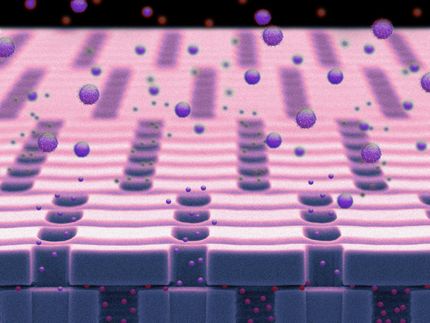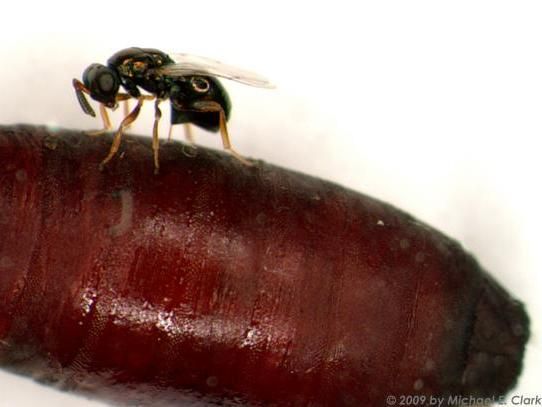AHF files federal lawsuit against Gilead to invalidate patents on key AIDS drug
AIDS Healthcare Foundation (AHF) filed a federal lawsuit today against Gilead Sciences Inc. seeking to invalidate patents on key AIDS drugs held by the Bay Area drug maker. The legal action was filed today in U.S. District Court, Northern District of California, and concerns tenofovir, a key HIV/AIDS drug which was first synthesized over thirty years ago in the Czech Republic. Tenofovir is a component in Genvoya , Gilead’s four-in-one Fixed Dose Combination (FDC) to treat HIV/AIDS patients as well as Gilead’s similar predecessor FDC, Stribild.
AHF’s lawsuit also names Japan Tobacco Inc. and Emory University and asserts anti-competitive violations of the Sherman Act ,15 U.S.C. §§ 1 & 2.
AHF currently cares for over 575,000 HIV/AIDS patients in 35 countries and purchased millions of dollars of antiviral drugs from Gilead in 2015 alone. In its legal filing, AHF asserts that:
“In a relentless effort to maximize its profits, Gilead manipulated the patent system and engaged in anticompetitive practices to prevent economical access to TAF – an antiviral agent used in the treatment of HIV. TAF is not a new compound. TAF is a prodrug 1 of the compound Tenofovir, which was first synthesized over thirty years ago in the Czech Republic. Nor was TAF the first prodrug of Tenofovir. Several years before Gilead obtained a patent on TAF, Gilead had patented a similar prodrug called Tenofovir Disoproxil (“TDF”). Despite similarities between TAF and TDF and the weakness of the patents covering TAF, Gilead illegally seeks to extend the period of patent exclusivity for drugs incorporating Tenofovir by decades.
Gilead’s attempt to extend the period of patent exclusivity for drugs incorporating Tenofovir arises from Gilead manipulating the patent system, entering into a licensing agreement with Japan Tobacco, and using a preexisting patent licensing agreement with Emory University to block entry by potential competitors and prevent competition. Gilead’s actions have directly harmed AHF, which in 2015 alone purchased millions of dollars of antiviral drugs from Gilead.”
“In 2013, Gilead unsuccessfully petitioned the FDA for a patent extension from three to five years on Stribild—which at $28,500 per patient, per year when it was introduced in January 2013 was the most expensive fixed-dose first-line combination HIV/AIDS therapy on the market,” said Michael Weinstein, President of AIDS Healthcare Foundation. “In November 2015, after the FDA approved Gilead’s Genvoya, we said the updated combination, with admittedly fewer potential side effects, was also developed as a means to extend prior patent protections. We believed then—as now—that Gilead is trying to monopolize the market by price gouging on its HIV/AIDS treatments, actions that severely diminish access to these lifesaving medications and serve as catalyst for our legal action today.”
“Gilead’s illegal acts prevent people living with HIV/AIDS from accessing lifesaving treatment and cost the public billions of dollars because of Gilead’s unwarranted monopoly,” said Daniel Hipskind, AIDS Healthcare Foundation’s attorney from the firm Olavi Dunne LLP. “Gilead must stop manipulating patent and FDA law in order to charge exorbitant prices for HIV drugs.”
“This case sends a message to the pharmaceutical industry. Gilead shouldn’t be able to line its pockets by manipulating access to its HIV drugs,” said Dorian Berger AIDS Healthcare Foundation’s attorney from the firm Olavi Dunne LLP. “It is illegal to block access to lifesaving drugs by manipulating the law and through this legal action we intend to hold Gilead accountable.”
According to a New York Times article at the time of Genvoya’s approval by the FDA in November 2015, Genvoya “…contains the same four drugs as Stribild, but with the tenofovir disoproxil fumarate replaced by tenofovir alafenamide. The new form of the inhibitor, Gilead said, enters cells where H.I.V. replicates more efficiently, resulting in 91 percent less tenofovir in the bloodstream. That should make the pill less likely to cause kidney damage or loss of bone density…”
And while FDCs are good for improving adherence among patients, this is no magic pill. ‘Technically, this is simply not a breakthrough. No new drug has been discovered - older drugs have been brought together in the FDC form. This is important as it improves compliance, which is a great thing but to call it a breakthrough is a stretch,’ said Dr Manish Kakkar, a public health specialist in communicable diseases at the Public Health Foundation of India (PHFI).”
In October 2014, the FDA denied Gilead’s petition for the patent extension.

























































